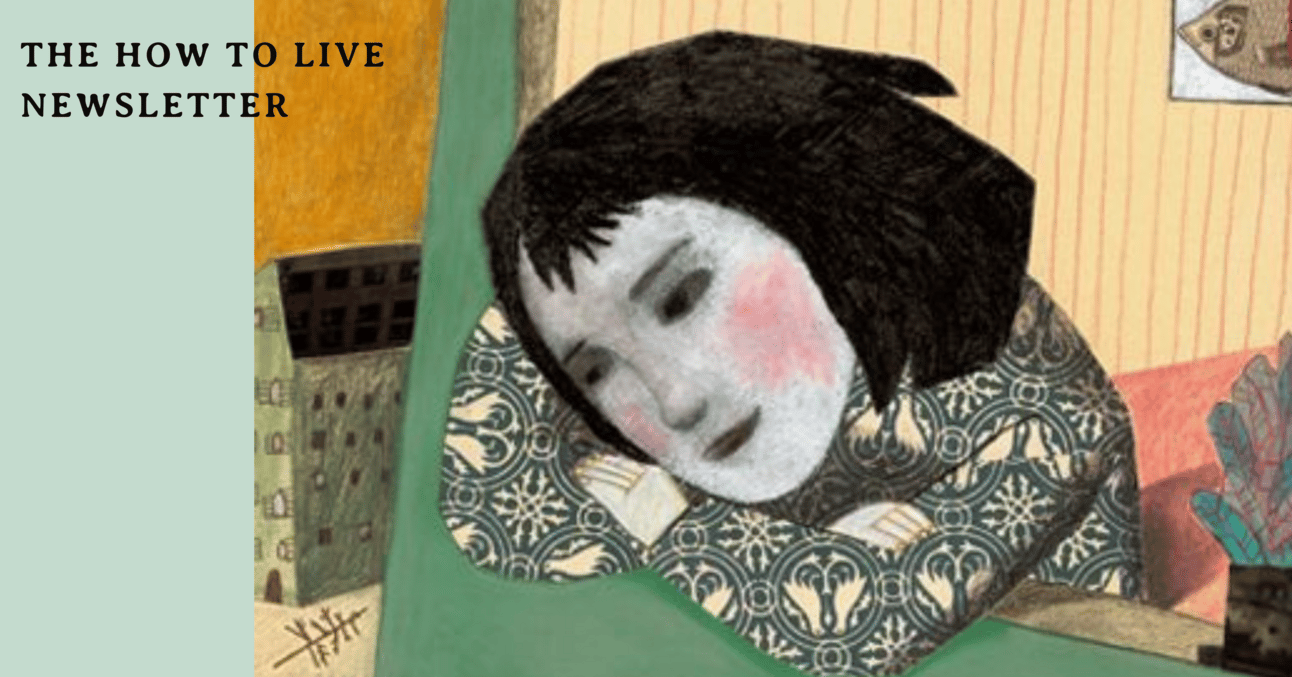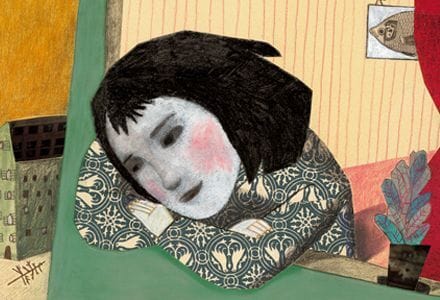Happy Wednesday, {{ First Name | friend }}!
You are reading The How to Live Newsletter: Your weekly guide offering insights from psychology to help you navigate life’s challenges, one Wednesday at a time.
Here’s last week’s piece, if you missed it: Why You Secretly Compare Yourself To Others: The Hidden Force That Controls Your Self-Worth.
Your monthly contribution allows me to continue researching and producing weekly articles. If How to Live has been valuable to you, please consider supporting this work by upgrading or becoming a loyal patron through annual or monthly donations.
Or you can upgrade
Another way to support this newsletter is to choose from the 15 designs and buy some merch from the store!

Are You Suffering From The Invisible Legacy of Childhood Emotional Neglect?
That’s the paradox of being a person.
We cannot see what we cannot remember or point to the moments that formed our worldview, our sense of safety and self, or our understanding of the matrix whose intricate and specific entanglement forms the scaffolding upon which we were raised.
We become the consequences of what was done to us and what was withheld.
The invisible map of our lives we follow is paved with unnamed feelings, leading to a routeless effort to meet our own needs without knowing what we need or why. We believe we know what we are seeking, although we are often wrong, and instead of living our lives, we’re stuck, like a trapped Roomba, within invisible parameters that we can’t name or see beyond and, therefore, cannot pass.
We are, each of us, caught in a world of unintentional consequences born from the missteps of those who raised us.
The wounds of childhood run deep.
Even without intentional harm by well-meaning caregivers, we cannot control what psychic chaos may manifest from one innocuous moment of neglect. The ability of caregivers to repair, mend, and redirect unintentional wrongs plays a crucial role in a child’s development.
In that innocuous moment of neglect, and under the steadier hands of capable caregivers, a child left lingering for a moment too long will grow up unscathed at the very least and able to communicate their needs at the very best.
If we are self-aware enough, we learn from our mistakes. If we are not, we repeat them, projecting our incapacity to evolve onto others by shaming their missteps, not understanding that mistakes are part and parcel of being alive and trying; mistakes are how we learn.
All parents make mistakes. Your parents made mistakes, their parents made mistakes, and you make mistakes. The entire lineage of parenting is rife with slip-ups and misapprehensions.
However, a parent’s willingness to acknowledge their limitations and do something about them separates a harmful mistake from a less harmful one. When a parent cannot accept their shortcomings, how can they accept the limitations of others?
But what, exactly, do these limitations give rise to?
My most profound insights don't go in the free version—they're distilled from my 27 years in therapy, decades of independent study, and work as a mental health advocate. These frameworks and perspectives are reserved for readers committed to going deeper.
Join How to Live
Transformative concepts from a lifetime in therapy.
Get Immediate AccessA subscription gets you:
- All articles the moment they're published
- Instant access to the entire archive of 150+ posts
- Occasional bonus posts
- Invitations to seasonal in-person events
- Direct email access: get personalized resource recommendations + advice (ANNUAL PLAN ONLY)
- 15% off all workshops


